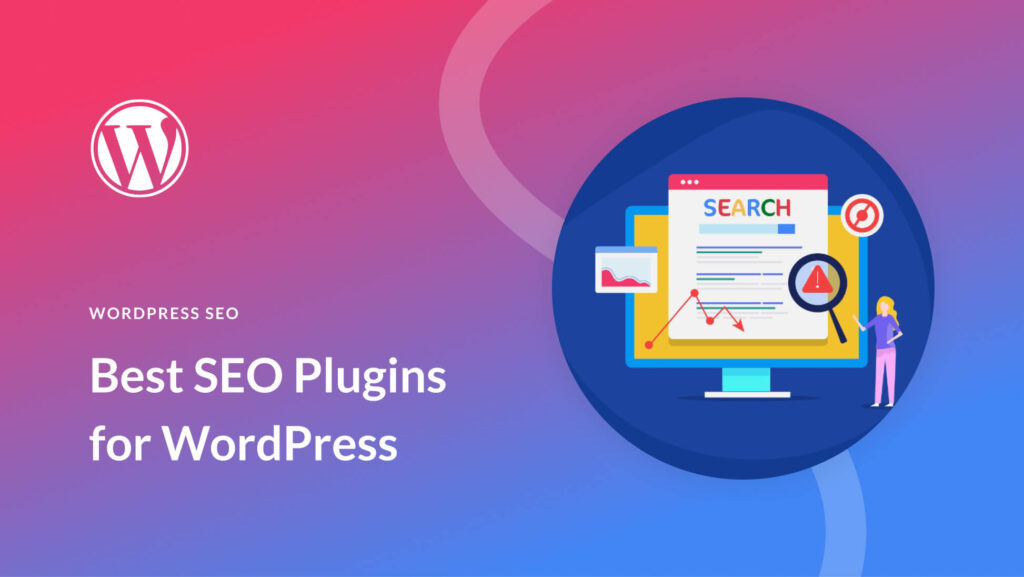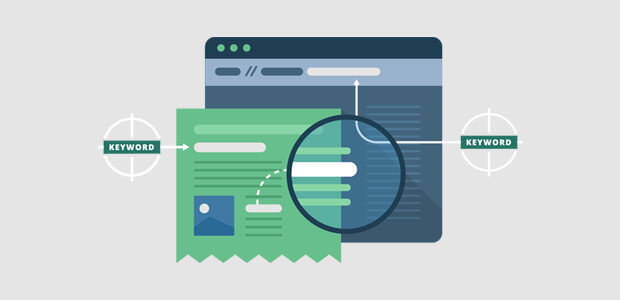
Implementing SEO (Search Engine Optimization) best practices is essential to increase the visibility of your WordPress website in search engine results and drive organic traffic. WordPress offers a range of powerful tools and techniques that can significantly improve your website’s SEO performance. In this article, we will explore key strategies and practices to optimize your WordPress website for search engines, focusing on areas such as keyword research, content optimization, meta tags, permalinks, XML sitemaps, and the use of SEO plugins.
Keyword Research: Identify Relevant Keywords
Perform keyword research to identify relevant keywords and phrases that your target audience is searching for. Use keyword research tools like Google Keyword Planner or SEMrush to find high-volume and low-competition keywords related to your content. Incorporate these keywords strategically throughout your website to improve its visibility in search engine results.
Content Optimization: Create High-Quality, Keyword-Rich Content

Produce high-quality, valuable content that aligns with your target audience’s needs and interests. Incorporate the identified keywords naturally and strategically within your content, including headings, subheadings, and body text. Aim for a good keyword density without overstuffing. Optimize your content to be readable, informative, and engaging for both users and search engines.
Meta Tags: Optimize Title Tags and Meta Descriptions

Optimize your title tags and meta descriptions to provide concise and compelling summaries of your web pages in search engine results. Include relevant keywords and entice users to click through to your website. WordPress allows you to customize meta tags using SEO plugins like Yoast SEO or All in One SEO Pack, providing convenient fields to optimize your title tags and meta descriptions for each page or post.
Permalinks: Use SEO-Friendly URLs
Ensure your WordPress permalinks (URL structure) are search engine friendly and include relevant keywords. WordPress allows you to customize permalinks under the Settings > Permalinks menu. Choose a structure that includes the post or page title or a combination of the post ID and title for optimal readability and search engine recognition.
XML Sitemaps: Enhance Search Engine Crawling
Generate XML sitemaps for your WordPress website to help search engines discover and index your content efficiently. XML sitemaps provide a structured map of your website’s pages, making it easier for search engine crawlers to navigate and understand your website’s structure. Use plugins like Yoast SEO or Google XML Sitemaps to generate and automatically update your XML sitemaps.
SEO Plugins: Leverage Powerful Optimization Tools

Take advantage of SEO plugins designed specifically for WordPress to streamline your optimization efforts. Plugins like Yoast SEO, All in One SEO Pack, or Rank Math offer features such as content analysis, XML sitemap generation, meta tag customization, and social media integration. These plugins provide user-friendly interfaces to optimize your website for SEO without the need for technical expertise.
In conclusion, implementing SEO best practices for your WordPress website is crucial to boost visibility, increase organic traffic, and improve search engine rankings. By conducting keyword research, optimizing content, meta tags, permalinks, XML sitemaps, and leveraging SEO plugins, you can enhance your website’s search engine visibility and attract more relevant visitors. Consistently produce high-quality, keyword-rich content that meets the needs of your target audience. Stay up-to-date with the latest SEO trends and algorithm changes to adapt your optimization strategies accordingly. With a well-optimized WordPress website, you can maximize its potential for success and drive valuable organic traffic from search engines.
Key Points Summary
- Implementing SEO best practices is crucial for increasing the visibility and organic traffic of your WordPress website.
- Conduct keyword research to identify relevant keywords that your target audience is searching for.
- Optimize your content by incorporating keywords naturally and strategically throughout your website.
- Customize title tags and meta descriptions to provide concise and compelling summaries in search engine results.
- Ensure your permalinks (URL structure) are search engine friendly and include relevant keywords.
- Generate XML sitemaps to help search engines navigate and index your website more efficiently.
- Leverage SEO plugins like Yoast SEO, All in One SEO Pack, or Rank Math to streamline your optimization efforts.
- Consistently produce high-quality, keyword-rich content that meets the needs of your audience.
- Stay updated with the latest SEO trends and algorithm changes to adapt your optimization strategies.
- By implementing SEO best practices, you can enhance your WordPress website’s visibility, attract more relevant visitors, and drive valuable organic traffic.
Contact our Vietnam team to learn more about how we can help you optimize your website for SEO and achieve your online marketing goals.

Leave a Reply